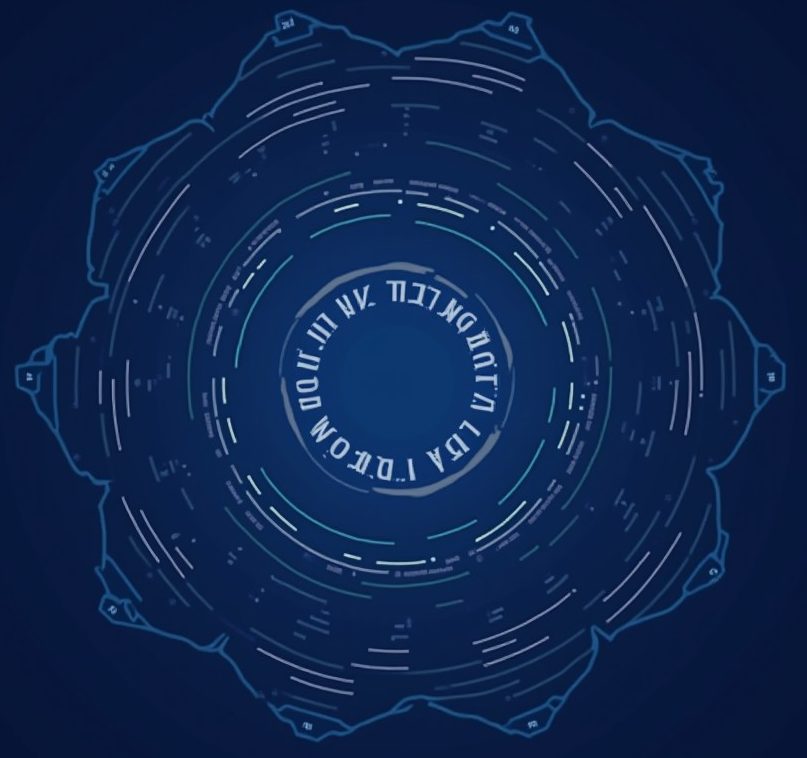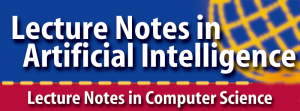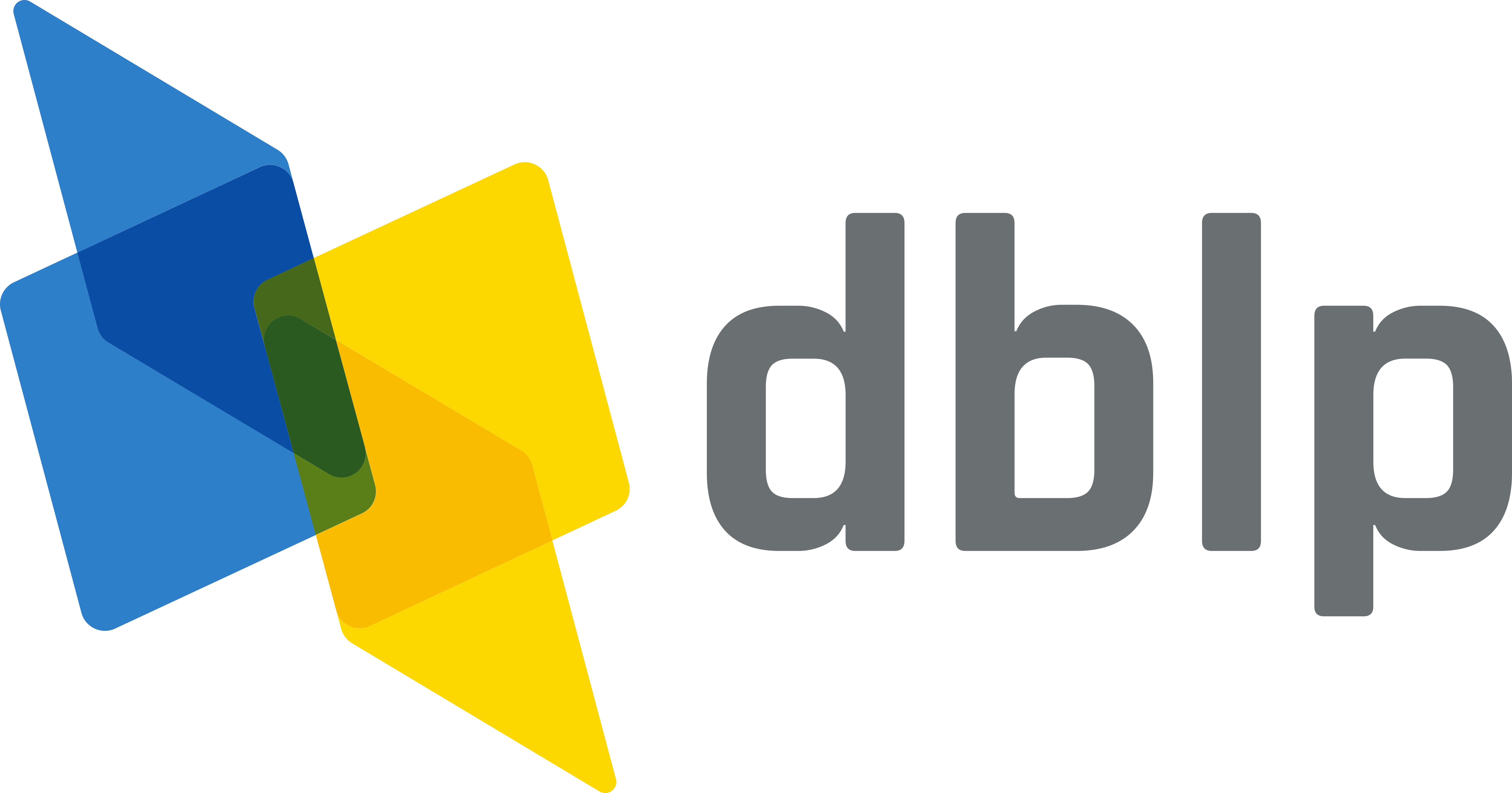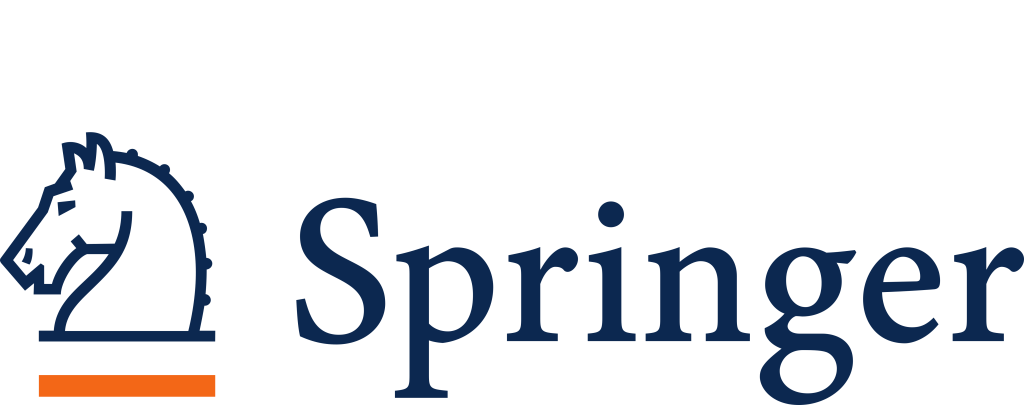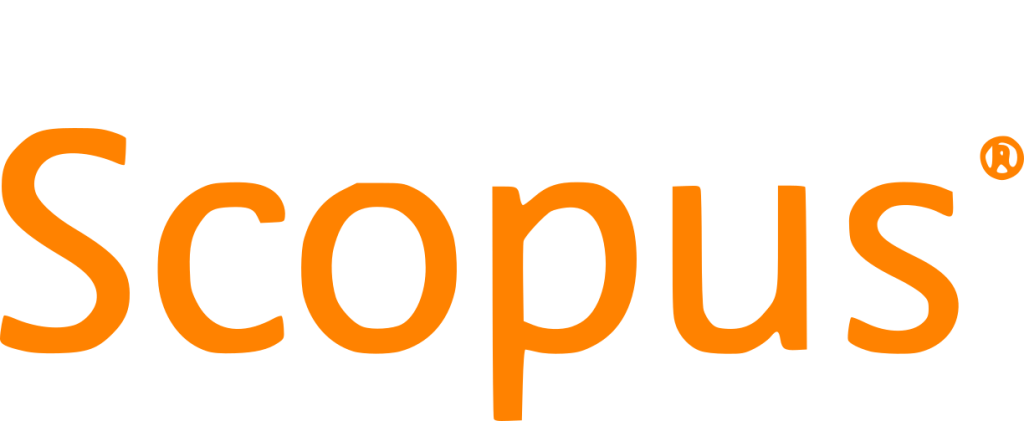.
Thematic track of the 24th Portuguese Conference on Artificial Intelligence (EPIA 2025)
October 1-3, 2025, Faro, Portugal.
Webpage: https://epia2025.ualg.pt/
Nearest deadline
|
Notification of paper acceptance: |
July 4, 2025 |
Important dates
|
Camera-ready papers deadline: |
July 14, 2025 (AoE) | |
|
Early registration deadline: |
July 18, 2025 (AoE) | |
|
Late registration deadline: |
August 14, 2025 (AoE) | |
|
Conference: |
October 1-3, 2025 |
Proceedings and presentation
- Accept papers will be included in the conference proceedings as long as at least one author is registered in EPIA 2025 by the deadline of early bird registration.
- EPIA 2025 proceedings are indexed in Thomson Reuters ISI Web of Science, Scopus, DBLP and Google Scholar.
Introduction
Knowledge Representation and Reasoning (KRR) is an exciting, well-established field of research. In KRR a fundamental assumption is that an agent’s knowledge is explicitly represented in a declarative form, suitable for processing by dedicated reasoning engines. This assumption, that much of what an agent deals with is knowledge-based, is common in many modern intelligent systems. Consequently, KRR has contributed to the theory and practice of various areas in AI, such as automated planning and natural language understanding, among others, as well as to fields beyond AI, including databases, software engineering, the Semantic Web, computational biology, and the development of software agents.
We welcome papers that contribute to the formal foundations of KRR or that show the applicability of results to implemented or implementable systems. We also welcome papers from other areas that show the use of, or contributions to, the principles or practice of KRR.
Topics of interest
Topics of interest include, but are not limited to:
- Action, change, causality and causal reasoning
- Argumentation
- Belief revision and update, belief merging, etc.
- Commonsense reasoning
- Constraint programming and KRR
- Contextual reasoning
- Description logics
- Diagnosis, abduction, explanation finding
- Inconsistency- and exception tolerant reasoning, paraconsistent logics
- KR and autonomous agents: intelligent agents, cognitive robotics, multi-agent systems
- KR and decision making, game theory, social choice
- KR and machine learning, inductive logic programming, knowledge discovery and acquisition
- KR and stream reasoning
- KR and the Web, Semantic Web
- Logic programming, answer set programming, constraint logic programming
- Non-monotonic logics, default logics, conditional logics
- Ontology formalisms and models
- Preferences: modeling and representation, preference-based reasoning
- Reasoners and solvers: SAT solvers, theorem provers, QBF solvers, and others
- Reasoning about knowledge and belief, dynamic epistemic logic, epistemic and doxastic logics
- Spatial reasoning and temporal reasoning, qualitative reasoning
- Uncertainty in KRR, representations of vagueness, many-valued and fuzzy logics
Organizing committee
- Eduardo Fermé, NOVA LINCS & Faculty of Exact Sciences and Engineering University of Madeira, Portugal
- Matthias Knorr, NOVA LINCS & Universidade NOVA de Lisboa. Portugal
- Pedro Cabalar, Corunna University, Spain;
- Ricardo Gonçalves, NOVA LINCS, Universidade NOVA de Lisboa, Portugal
Programme committee
- Filipe Gouveia, SISCOG, Sistemas Cognitivos SA.
- Alessandro Gianola, INESC-ID
- Zeynep G. Saribatur, TU Wien
- Nicolas Troquard, Gran Sasso Science Institute
- Maurício Reis, Universidade da Madeira
- Jesse Heyninck, Open Universiteit, the Netherlands
- Marco Garapa, Universidade da Madeira
- Ramon Pino Perez, Université d’Artois
- Mario Alviano, Department of Mathematics and Computer Science, University of Calabria
- Carmine Dodaro, Department of Mathematics and Computer Science, University of Calabria
- Alejandro Garcia, Universidad Nacional del Sur
- Jose Julio Alferes, Universidade NOVA de Lisboa
- Maria Vanina Martinez, ARTIFICIAL INTELLIGENCE RESEARCH INSTITUTE (IIIA – CSIC)
- Cristina Feier, Technical University of Cluj-Napoca
- Orkunt Sabuncu, Potassco Solutions Turkey
- Carlos Areces, FaMAF – Universidad Nacional de Córdoba
- Gerhard Brewka, Leipzig University
- Salvador Abreu, NOVA-LINCS / University of Evora
- Guohui Xiao
- Mantas Šimkus, TU Vienna
- Manuel Ojeda-Aciego, Dept. of Applied Mathematics, University of Malaga
- David Pearce, Universidad Politécnica de Madrid
